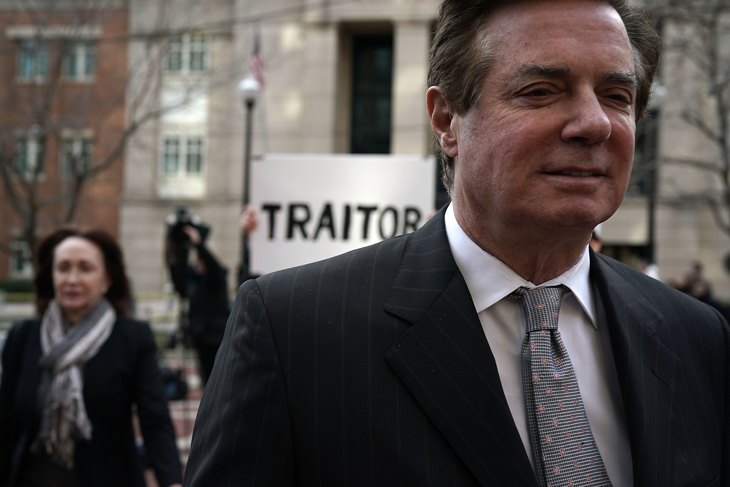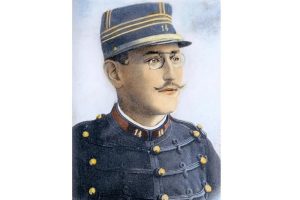When is a win not really a win? When it’s secured in the service of the most scrutinised man in Washington.
Few power-players thought Donald Trump had a chance of winning the presidency when he first announced his candidacy in June 2015. So those who boarded the Trump Train not long after it left the station were taking a big risk to their reputations—though not without the possibility, small as it must have seemed, of gaining big rewards. Lead a successful campaign that everyone assumed was doomed, and you’d be one of the most sought-after people in Washington. Right?
The now-unemployed Steve Bannon might have known such conventional wisdom isn’t always correct. Now Paul Manafort, a year and a half after his success, is behind bars. President Trump, as is his wont, has downplayed Manafort’s services to him. “Mr. Manafort worked for me for a very short period of time,” he told reporters yesterday, when his former campaign chairman had his $10 million bond revoked and was sent to jail after prosecutors alleged he had engaged in witness tampering. “He worked for me, what, for 49 days or something?”
The months Manafort served Trump in mid-2016 were crucial for his campaign, however. Trump had all but secured the Republican nomination for president with his showing in the primaries and caucuses, but he hadn’t been chosen by a majority of Republicans who voted, and those who didn’t like him really didn’t like him. Some of these anti-Trump Republicans began working on a way to keep him from getting the official nod, likely through a contested convention. It didn’t work, and part of the reason it didn’t is because the anti-establishment Trump hired the longtime Republican consultant Manafort specifically to derail this attempt at derailment.
Manafort was an important part of Trump’s winning team and that team made history, though its members were a bit of a motley crew. Trump, unpopular in establishment Republican circles thanks to his boorish behaviour and sometimes vicious views, couldn’t get the “best people.” He had to settle for those willing to work for him. And sometimes only unsavoury types are willing to work for those seen to others as unsavoury types. Manafort, it’s now alleged, had a history of lobbying for foreign actors without reporting it and then laundering the $30 million in proceeds. He might not have gotten caught but for the fact that a special counsel was appointed to investigate claims of campaign collusion with Russia after Trump fired FBI director James Comey. Robert Mueller is allowed to follow any lead he discovers in the course of his investigation — and Manafort’s work for a pro-Russian Ukrainian government was not something he was likely to ignore.
Even after Manafort was indicted, he led a cushy life: House arrest is not such a painful thing for a millionaire. But he wanted to take no chances, it seems, and prosecutors filed evidence in court last week that they say shows Manafort began engaging in witness tampering the very day after Mueller indicted him. He and a colleague apparently tried to get two people who worked in public reactions to say that he had never lobbed in the United States, only in Europe, for Viktor Yanukovych, the pro-Putin former Ukrainian president — even after a federal judge warned Manafort not to contact witnesses.
There are many lessons to be learned here, of course — even some spycraft. With this latest development, many of us discovered a shady technique we’d never even heard of before. Manafort contacted the PR professionals using some of the usual methods: through a third party (in Russia) and by telephone calls and encrypted messages. But he also tried to work under the radar in a novel way: “foldering.” This involves writing the message you wish to communicate in a draft email; instead of sending it — which could leave a trail — you save it as a draft and give your contact the email address and password. The contact logs in, reads the message, and deletes it. He might then use the same technique to respond. Paul Manafort is nothing if not creative. With his D.C. trial — some of the money laundering charges were filed separately in Virginia — not scheduled to start until September, he’ll probably have a lot of time on his hands to hone those skills further, sitting in Northern Neck Regional Jail in Warsaw, Virginia. He is the only inmate there with VIP status — though Michael Vick the former NFL quarterback was held there a decade ago.


















